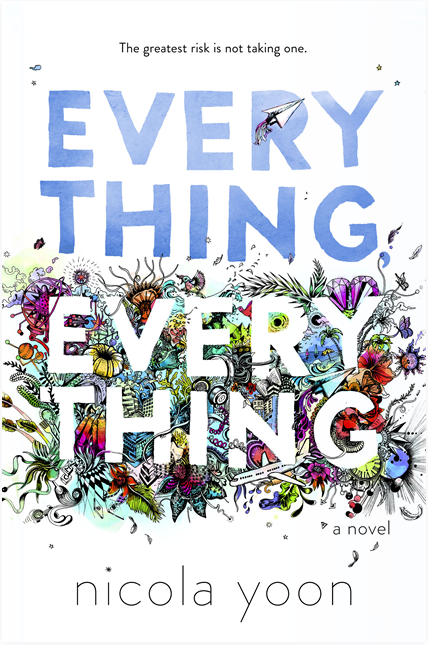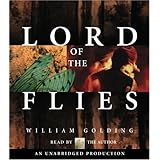Aveyard, Victoria. Red Queen. New York: Harper Teen, 2015. Print.
image from:

My Thoughts
I'd been seeing this beautiful cover through several library world things. I put it on my "to read" pile and my first order of the year.
I made time for it this month, bumping other books that should probably be read first. I just couldn't wait any longer. SO HAPPY I READ IT and now I'm disappointed that I'll have to wait until February for the next installment.
The writing is vivid. The story is believable. There are some cliches, stereotypes and "fantastical" elements, but this was a fresh spin on an old story. I really got lost in the story. I could envision the scenery and the action. In parts of the book, I thought of Game of Thrones, especially when the Silver houses are described. Each has a specific color and personality.
Mare Barrow is a Red. She is not a Silver. Silvers have all the power, wealth and supernatural ability. However, Mare has a power, one she didn't know she had until an accident brought it out of her. She then is "forced into being someone else. Into being one of them. A puppet. A show to keep people happy, quiet, and trampled" (Aveyard 86).
"Strength and power are the words Cal has been raised to know. Not goodness. Not kindness. Not empathy or bravery or equality or anything else that a ruler should strive for" (Aveyard 151). At least, this is what Mare first thinks. As the story moves, I think she sees and learns more about Cal.
Queen Elara is someone you love to hate. I'm sure she will be a big part of the second book.
Trying not to compare GOT to this book too much, but Maven reminds me of King Joffrey. I wanted to like him, but there was something nagging at me about him. Mare realizes, "he was too perfect, too brave, too kind...he gave me exactly what I wanted, and it made me blind" (Aveyard 339).
If I were borrowing an idea from another book (Everything, Everything), the Life Is Short Spoiler Reviews would be "A forgotten son, a vengeful mother, a brother with a long shadow, a strange mutation. Together, they've written a tragedy" (Aveyard 355).
Quite a twist happens in the Epilogue. Come on, February! Glad I pushed this book up on the pile.
The title reference is on pages 268, 354. I think there's even a book cover reference on page 303.

